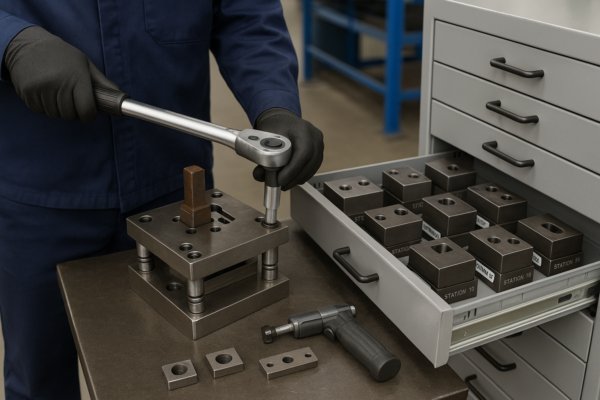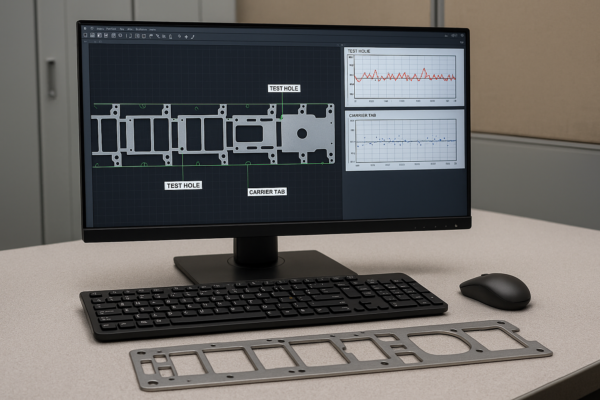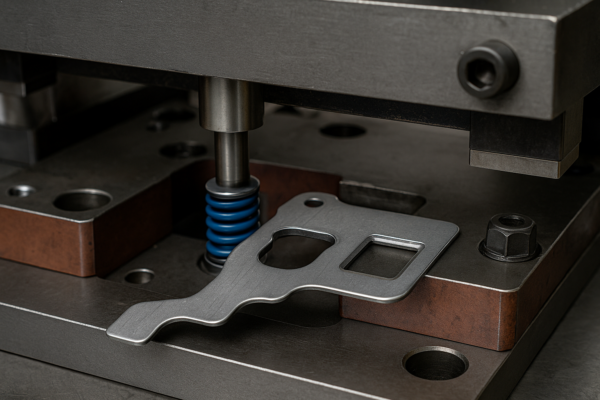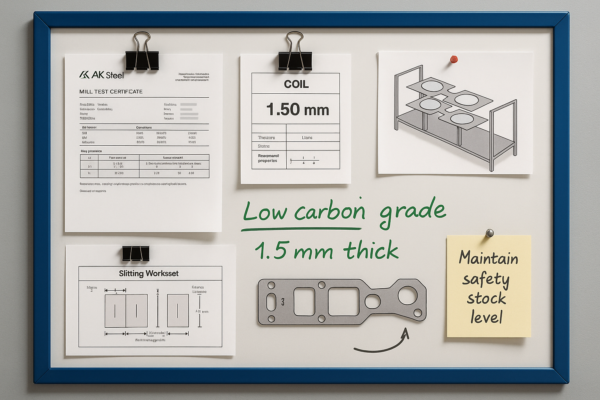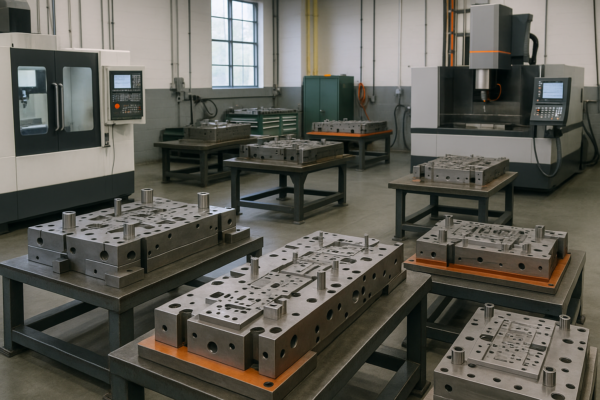Do Screws Hold Tighter Than Nails?
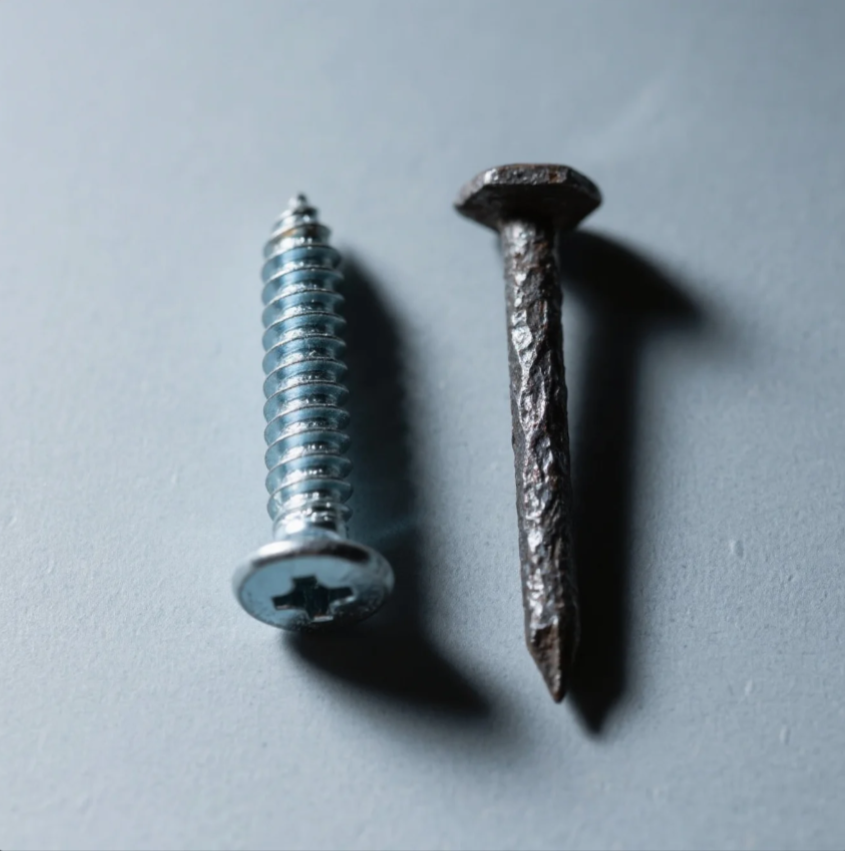
Buyers often don’t know when to choose screws over nails—and it leads to weak joints.
Screws hold tighter than nails in most structural applications due to their threaded design.
When clients ask us which fastener offers better grip, we always walk them through use-case-based comparisons. Let’s break it down together.
What Holds Tighter: Screws or Nails?
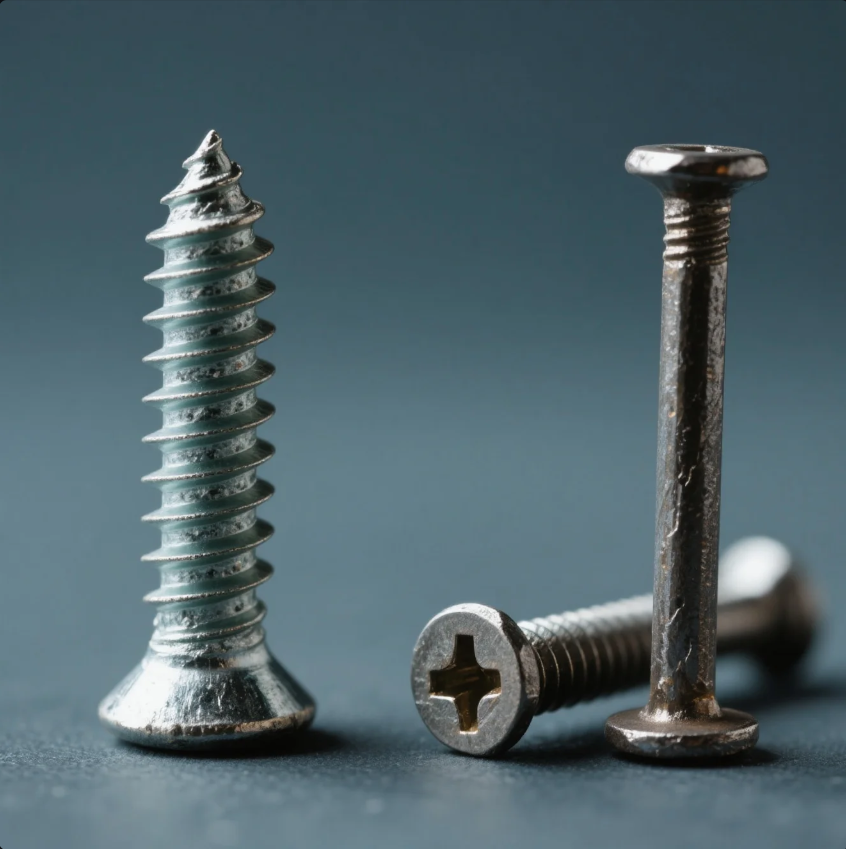
Many believe nails are always stronger because they’re quicker to install. That’s not always true.
Screws usually hold tighter than nails because their threads grip the material.
Nails rely on friction, while screws use threading to bite into the surface. In tension and withdrawal strength, screws outperform nails.
Pull-Out Strength Comparison
| Fastener Type | Pull-Out Strength | Best Use |
|---|---|---|
| Screw | High | Long-term connections |
| Nail | Medium | Quick, light fastening |
I’ve worked with prefab housing clients who switched from nails to self-tapping screws to reduce loosening during transport. The improvement in structural integrity was clear.
We now supply them with ISO-certified CNC screws, custom-labeled for their product line.
Are Screws or Nails More Secure?
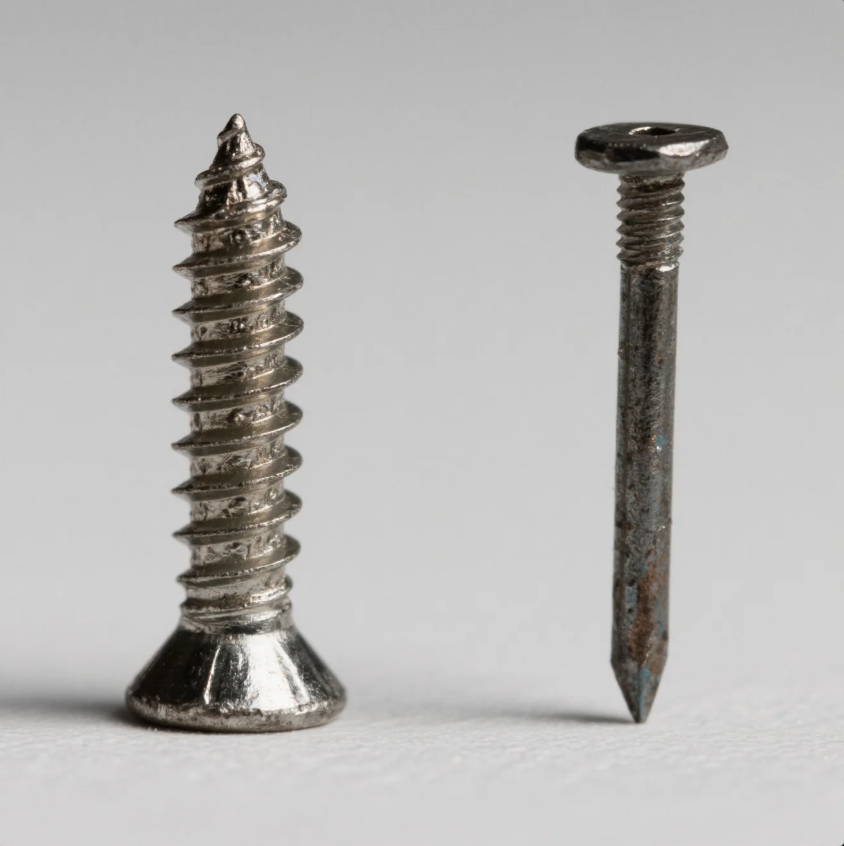
Security doesn’t just mean strength. It also means vibration resistance, reusability, and long-term stability.
Screws provide more security than nails in most conditions, especially under vibration or heavy use.
They are ideal for load-bearing or moving joints. Nails can loosen over time due to wood shrinkage or impact.
When Screws Are More Secure
| Scenario | Why Screws Are Better |
|---|---|
| Moving parts | Threads resist vibration |
| Outdoor exposure | Better corrosion resistance |
| Removable joints | Easier to take out and reuse |
One of our US buyers installs industrial cabinets in trucks. Initially, they used nails. Over time, vibration caused joints to fail. We replaced them with Torx drive wood screws. Since then, failure rates dropped by 80%.
Which Holds Better, a Nail or a Screw?
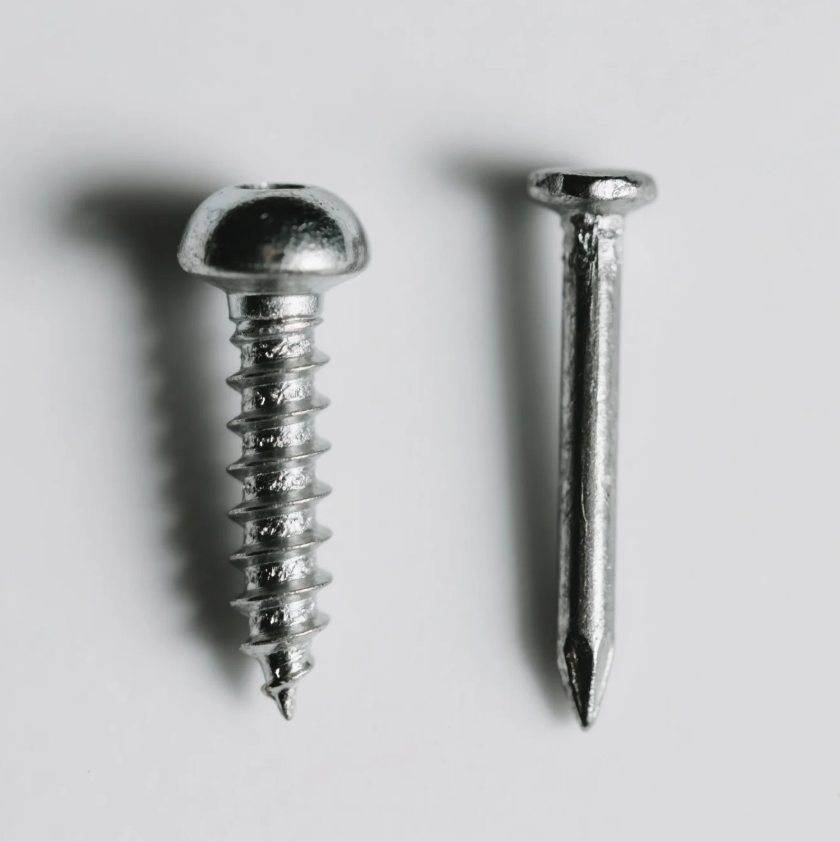
The word “hold” can mean grip strength, shear strength, or durability. It depends on the application.
Screws hold better than nails in tension. But nails resist shear force more effectively.
If you’re building a shelf or frame where downward load is critical, screws win. For fast, one-time sheathing, nails may be sufficient.
Fastener Strength by Force Type
| Force Type | Best Fastener | Why |
|---|---|---|
| Tension | Screw | Threads resist pull-out |
| Shear | Nail | Flexes slightly without snapping |
We advise clients based on these mechanical needs. For example, decking clients often choose Type 17 wood screws because they resist uplift and splitting. We can customize head styles and coating based on region and environment.
How Is a Screw Better Than a Nail?

Many clients still default to nails because they seem faster and cheaper.
Screws are better than nails in terms of long-term performance, precision, and removability.
They can be installed with machines or by hand. They don’t loosen easily. And they’re perfect for projects that require exact alignment.
Screws vs Nails Feature Table
| Feature | Screw | Nail |
|---|---|---|
| Grip strength | High (threaded) | Medium (friction only) |
| Reusability | Yes | No |
| Installation speed | Slower but precise | Fast but less controlled |
I once supported a client manufacturing foldable workbenches. They originally used nails for joints, which cracked the wood. We recommended coarse-thread screws with pilot holes, improving product lifespan and reducing assembly errors.
At Prime, we provide full guidance on screw selection, thread pitch, coating, and drive type. Our screws meet ISO standards and pass pull-out and salt spray tests before shipping.
Conclusion
Screws grip tighter and last longer. Choose screws when strength and reliability matter most.
Need screws for secure joints and long-lasting builds?
At Prime, we supply customized screws with ISO-certified grip performance.
🔩 Full screw range: wood, metal, decking, set, and structural
🚀 10 fast production lines, fast global delivery
🛡 Reliable quality, strict packaging, expert consulting
📩 Send your RFQ now to get a free consultation and accurate quote!

